Project PID2022-138413NB-I00
Advances in our understanding of language acquisition have taken place in parallel to advances in the development of theoretical linguistics, with empirical coverage expanding in the 80s and 90s, and more sophisticated experimental techniques being developed in the last twenty years. At this point, both the research on the biological foundations of language and the methods available to investigate child language acquisition make it possible to undertake issues that could not be addressed one decade ago. The aims of this project are twofold: first, to consider infant and child grammar in under explored areas, all revolving around operators, with the methods now available and, second, to reexamine the foundations of our understanding of development and acquisition in the light of ecological evolutionary developmental biology.
The experimental studies proposed regard the development of syntax and semantics at a point when infants are still unable to produce multiword sequences, but are nevertheless able to comprehend (to a still unknown extent) as revealed by eye-tracking techniques. The research questions underlying the experiments proposed are: When do children establish the properties of the particular language they are acquiring? Is the acquisition path homogeneous across languages? Are the parochial properties of different languages established much earlier in the life of infants than previously thought? Pursuing our former work, we investigate experimentally the comprehension of operators: wh-movement in wh-questions and logical operators. The experiments designed target infants from 17 months on; we aim to see if infants in that age range understand subject and object wh-questions in languages with overt wh-movement (Catalan, Palestinian Arabic) and languages with whin-situ (Chinese). By testing wh-questions with pseudo-verbs, a novelty of our method, we ensure that comprehension is not the result of a filler-gap strategy relying on knowledge of the argumental structure of the verb. For logical operators we have designed two experiments on the comprehension of all and some, and not all, which is mostly unexplored in infants. The developmental path of logical operators is of interest because previous work showed mixed results: on one hand, a long tradition of linguistic studies seemed to show that children semantic and pragmatic knowledge reach full development very late; on the other hand, a growing number of research lines in infancy suggest that some mastery of logical operations and inferential reasoning are available early on. The aim is to determine whether some and all, which are considered conceptual primitives, are mastered linguistically earlier than previously thought. Should the results be in line with those obtained by our and other teams (Zhu, Franck, Rizzi & Gavarró 2022, Perkins & Lidz 2021), the timeline of the acquisition ofcore syntax and semantics would be underway by 16 to 17 months.
In the domain of the foundations of linguistic inquiry, we reconsider the notion of Universal Grammar under new eco-devo avenues that reshape the relation between acquisition and its biological basis. The traditional understanding of language development, including Chomsky’s three factor model, is to be reinterpreted in such a way that causality is distributed among different factors (genome, epigenome, environmental influences, sensory stimulation, behavioural patterns), none of which is primary or determinant.
Team
Research Team
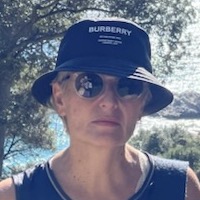
Anna Gavarró
Investigadora Principal
anna.gavarro[at]uab.cat
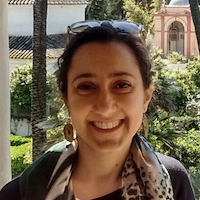
Elena Pagliarini
Investigadora Principal
elena.pagliarini[at]uab.cat
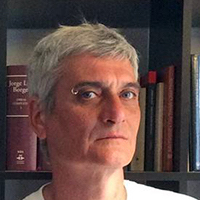
Sergio Balari
sergi.balari[at]uab.cat
Working team – Acquisition & Pathology Lab (Bellaterra)
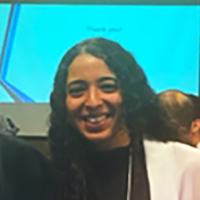
Iman El-Hadef
iman.elhadef[at]autonoma.cat
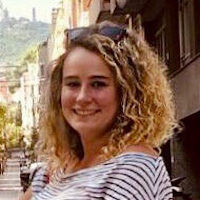
Alejandra Keidel
alejandra.keidel[at]uab.cat
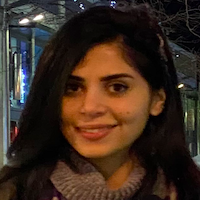
Tala Nazzal
tala.nazzal[at]autonoma.cat
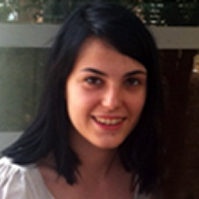
Io Salmons Llussà
io.salmons[at]
uab.cat
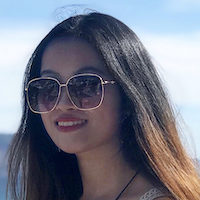
Jin Yan
jin.yan2[at]autonoma.cat
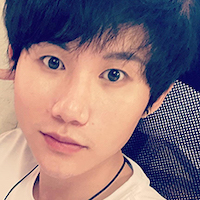
Jingtao Zhu
zjt19890109[at]163.com
Working team – External
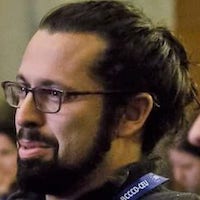
Roman Feiman
Brown University roman_feiman[at]brown.edu
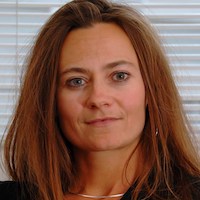
Julie Franck
Université de Genève
julie.franck[at]unige.ch
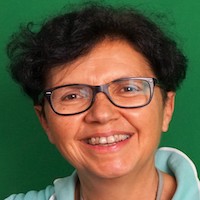
Maria Teresa Guasti
Università degli Studi di Milano-Bicocca
mariateresa.guasti[at]unimib.it
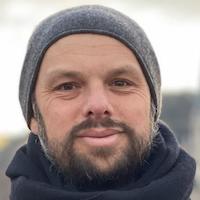
Jean-Remy Hochmann
CNRS – Institut des Sciences Cognitives Marc Jeannerod hochmann[at]isc.cnrs.fr
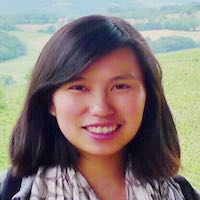
Shenai Hu
Xiamen University shenai.hu[at]xmu.edu.cn
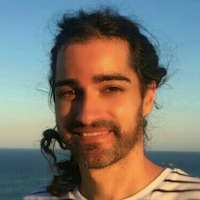
José Segovia Martín
CNRS – Institut des Systèmes Complexes Paris jisigmami[at]gmail.com